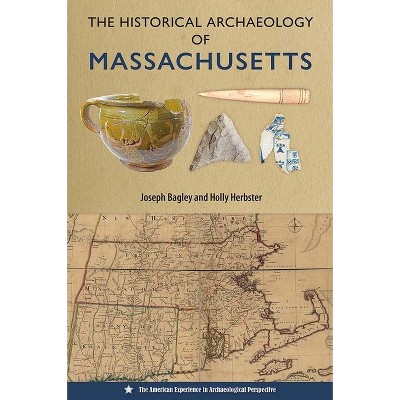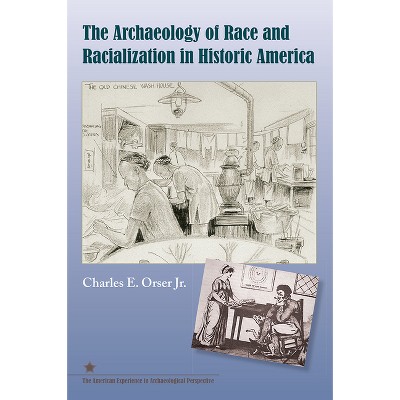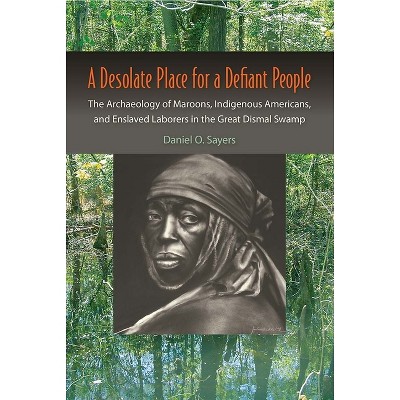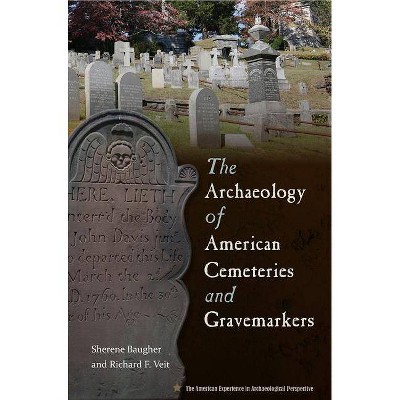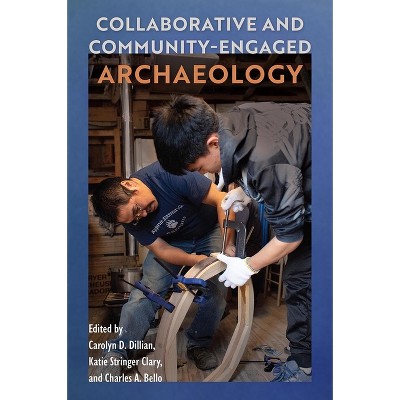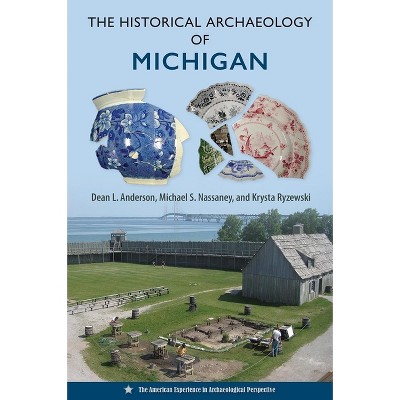Ethics in Caribbean Archaeology - by Felicia J Fricke & Eduardo Herrera Malatesta & Maaike S de Waal (Paperback)

About this item
Highlights
- Insights and strategies for transforming the ethics of archaeological practices in the Caribbean and helping the discipline flourish The first book to focus on ethical archaeological practices in the context of the Caribbean, Ethics in Caribbean Archaeology presents current and past case studies as well as regional overviews to equip researchers with tools for challenging persistent colonial structures that often underpin work in the region.
- About the Author: Felicia J. Fricke, a postdoctoral fellow at the University of Copenhagen, is the author of Slaafgemaakt: Rethinking Enslavement in the Dutch Caribbean.
- 290 Pages
- Social Science, Archaeology
Description
About the Book
Presenting case studies and regional overviews, this book offersinsights and strategies for transforming the ethics of archaeological
practices in the Caribbean to bring about a positive future for the
discipline.
Book Synopsis
Insights
and strategies for transforming the ethics of archaeological practices
in the Caribbean and helping the discipline flourish
The first book to focus on ethical archaeological practices in the context of the Caribbean, Ethics in Caribbean Archaeology presents
current and past case studies as well as regional overviews to equip
researchers with tools for challenging persistent colonial structures
that often underpin work in the region.
With
contributions from both longtime specialists and early-career voices,
this volume brings together a wide range of approaches and includes
perspectives spanning firsthand experience to large-scale observation
and critiques. These chapters address current issues in subfields such
as material culture analysis, museum curation, biomolecular archaeology,
biological anthropology, and digital archaeology. The strategies and
insights offered relate to topics such as community engagement with
African-descended and Indigenous peoples, the ethical handling of
ancestral remains, and best practices for storing or returning materials
held in collections.
This book is a crucial resource for
archaeologists around the world, especially those working in island
settings, providing encouragement as they endeavor to change entrenched
norms and asymmetrical relationships. Together, these chapter authors
are positive about a future for the discipline that is culturally
sensitive, politically aware, empathic, and dynamic.
Contributors:
Reniel Rodríguez Ramos John Angus Martin Fidel Rodríguez Velásquez
Ashleigh John Morris Matthew C. Reilly Kevin Farmer Oliver
Antczak Felicia J. Fricke Maaike S. de Waal Jaime R. Pagán-Jiménez
Nelda Issa Marengo Camacho Oriana Chiappa Maria A. Nieves-Colón
Christina M. Giovas Amy A. Victorina Andreana Cunningham Eduardo
Herrera Malatesta marjolijn kok Jonathan A. Hanna Anne I. Bancroft
Eleni Seferidou William A. White, III Jada Benn Torres Joseph
Sony Jean John Shorter Kathrin Nägele Lauriane Ammerlaan Daniel
Antonio Brito-Pacheco
About the Author
Felicia J. Fricke, a postdoctoral fellow at the University of Copenhagen, is the author of Slaafgemaakt: Rethinking Enslavement in the Dutch Caribbean.
Researcher at the University of Bonn, is the editor of Archaeological
Perspectives on Contested and Political Landscapes. Maaike S. de Waal,
assistant professor and head of the Field Research and Education Centre
at the Faculty of Archaeology at Leiden University, is coeditor of Pre-Colonial and Post-Contact Archaeology in Barbados: Past, Present, and Future Research Directions.






